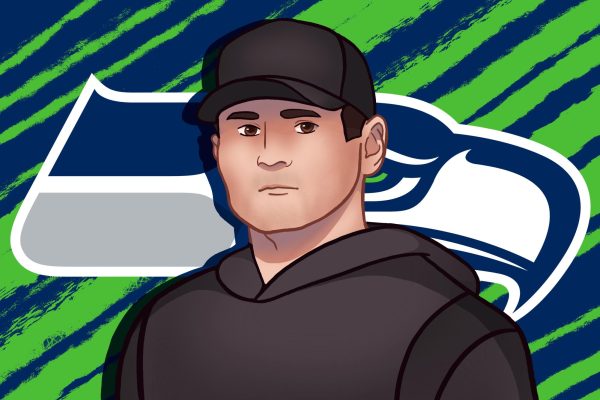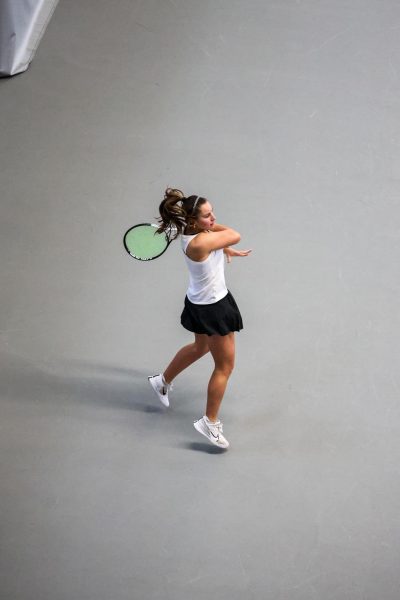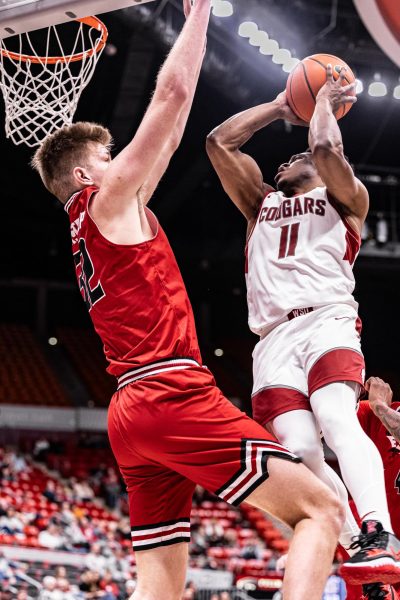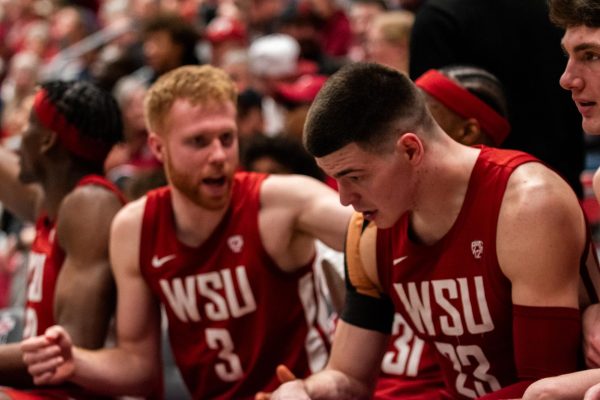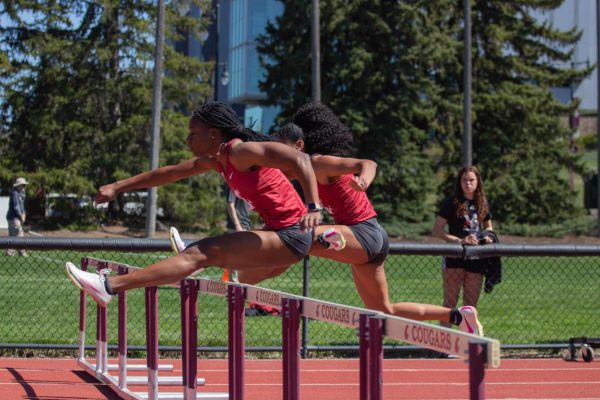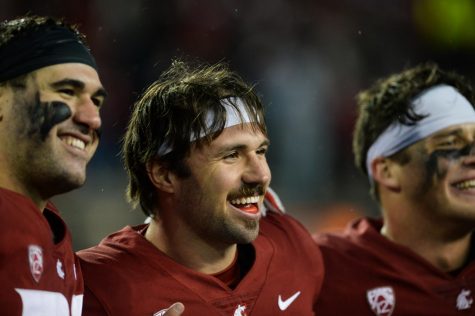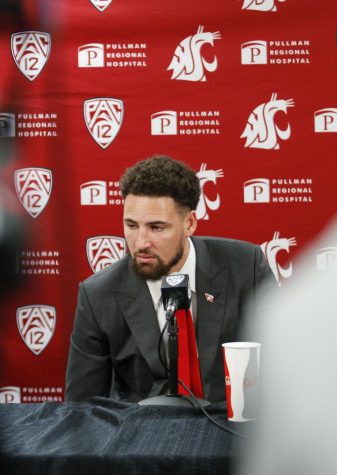The Bottom Line with Coach Kent: The Road to Success is Always Under Construction
October 31, 2014
The road to success is always under construction; that is a very old saying that is articulated by a lot of coaches and motivational speakers. This is the fourth installment of the Bottom Line with Coach Kent and I am here today to share with you part of the road that I had to travel to my success. After I graduated from college in 1977, I went into radio and television broadcasting, as well as coaching at my alma mater, the University of Oregon, where I was the ‘part-time’ assistant coach. Due to NCAA rule changes, that position was eliminated and I was left looking for a new coaching job. Little did I know that my journey back to coaching would take me through Saudi Arabia.
I was introduced to a gentleman from Saudi Arabia who was looking for a basketball coach for a club team in his home country. He was looking to get then-WSU coach George Raveling or Portland Trail Blazers’ coach, Jack Ramsey. It took me very little time to convince this gentleman that neither of those two would leave their positions to coach his club team in Saudi Arabia. But, yours truly was willing to take the position to get back into coaching. So I signed a two-year contract that eventually turned into seven years, not only coaching, but also being employed by Aramco, at the time, the Arabian-American Oil Company.
Upon my arrival in the middle of the night at the Dhahran, Saudi Arabia airport in the spring of 1980, the first thing I noticed were all of the gas burn offs in the distance. After meeting members of my new team and club dignitaries, I was transported to my apartment and I can still today remember how humid it was, even in the middle of the night. I was even more surprised when I was awoken in the morning by the muezzin reciting the adhan, which is the Islamic call to worship. As I walked out on my balcony, I was overwhelmed by the heat and the shuffling of the feet below of people in white thobes (traditional clothing), heading off to the mosque for prayer time.
So there I was in a new environment pursing my coaching career, where gasoline was the equivalent of 33 cents a gallon. There were no movie theaters, it was a dry country, I was unable to speak the language and a normal two-hour practice lasted four hours due to translation difficulties.
Needless to say, it felt like a difficult part of the construction period for me, where I couldn’t eat the food, couldn’t speak the language and felt extremely isolated from my American lifestyle, even though I lived in a wonderful Shiite Muslim community where they treated me as one of their own. The question becomes, how did I survive it? As you have heard me say many times before, I embraced the process.
Within a very short period of time I purchased a thobe and ghutra (cotton headdress), and went down to the local market that was occupied by male workers only. I began to barter, sit and learn the language, drink several cups of Chai, or tea, and discuss the lifestyle in the Middle East. I learned a skill that I have taken with me on every road that I’ve traveled, I learned to adapt to my environment, so that I could be successful in it. I had no other choice. What started out as an experience I was apprehensive about, became a fascinating chapter of my life as I began to learn about a culture that was so different from the one I was raised in here in the United States. But it turned out to be an experience of a lifetime. Everyone was warm and welcoming and it was like reading and living in a huge history book. And the education within an education that I received became one of the most important learning experiences in the construction of my road to success. Not only did I have to teach the game, but it required me to develop an enormous amount of patience and creativity to off-set the language barrier until I was able to speak basketball terminology within their language, so that I could motivate, teach and relate to young men that were not only from a different generation, but a completely different culture than I was used to.
Some of my more memorable moments were when 8,000 men would empty an area to salat, which consists of the repetition of a unit called a rakat, consisting of prescribed actions and words. Even at practice sometimes, we’d all put basketball aside while the players performed it as well. It was a great experience and way to be immersed in another culture.
After two years of coaching basketball, I had an encounter in the airport that changed my life. I was with two of my teams and completely dressed and adapted to the lifestyle of those that I worked with when I helped a lady with her bags and her husband came over, who turned out to be one of the vice presidents of the Arabian-American Oil Company, Aramco. He was so amazed at my ability to not only adapt to his culture, but flourish in the environment that I was living in, it wasn’t long before I was working for one of the largest overseas oil companies in the world. I lived in Dhahran, which eventually became a center point for Operation Desert Storm.
You now see me as your head basketball coach at Washington State University, so it may be hard to understand that the road that brought me here took many twists and turns, many of which I didn’t understand where the construction was headed. But, having landed here in this beautiful community, I’m happy that this much-traveled road to Pullman has been a very rewarding and unique experience. The construction continues.
And that my friends, is the bottom line.









